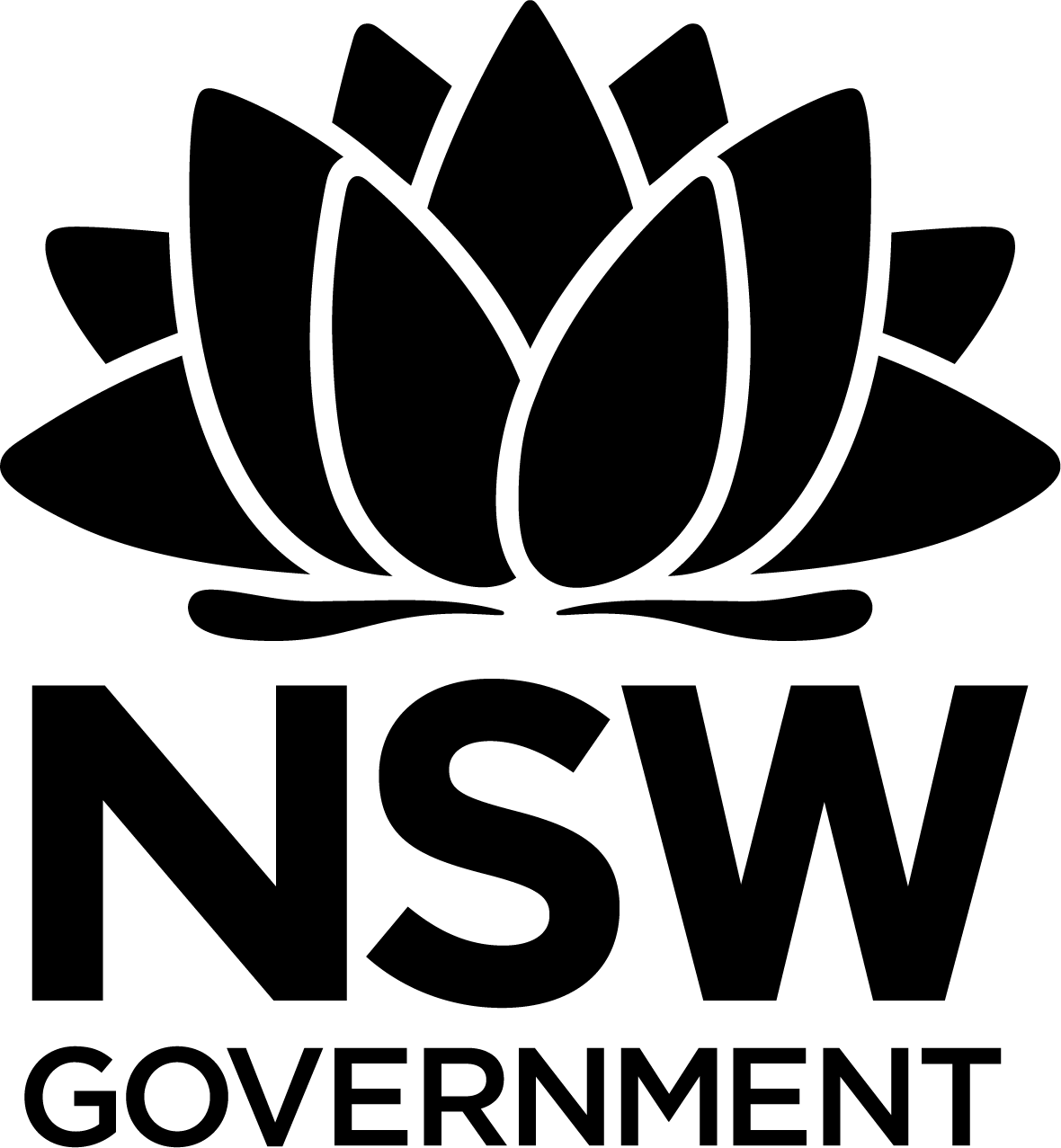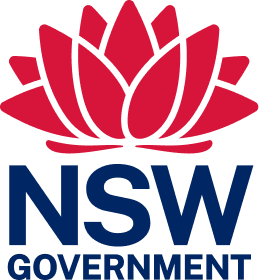
Crown land manager resource
Public Hall
There are many public or community halls in the Crown estate, often surrounded by grounds. The age of many such halls means they may have historical significance, with concomitant heritage considerations. Apart from being used by the local community, they may be hired out for a variety of activities on a regular basis, as well as one-off functions and special events, like filming.
Key considerations
- Managing assets and heritage – managing the maintenance and upkeep of the hall and grounds, allowing for heritage requirements and community expectations.
- Planning and development – overseeing all stages of each project, while keeping within heritage guidelines. Consult with the local community and respect their requests and expectations.
- Funding – money needed for utilities, maintenance and improvements may be met by hiring out the hall, though you may need to apply for grants to fund larger projects.
- Insurance – you’re likely covered for public liability, property and volunteer insurance, but note there are some exclusions based on the activities being carried out.
- Managing visitors –while encouraging public use of your hall, you need to manage the rights and responsibilities of visitors, staff, neighbours and other members of the community.
- Licences – when renting your facilities to others, get your agreements in writing.
The Downside Recreation Reserve and public hall
The Downside Recreation Reserve, near Wagga Wagga in southern NSW, was gazetted early in the early 20th century. The hall was built in 1926, and was upgraded in 2006–07 with new toilets and servery facilities.
One of the best-preserved old-time community halls in the state, the hall has hosted balls, dances, 21st birthday parties, kitchen teas, card parties, meetings, concerts, plays, wedding receptions, Scouts, and NSW Rural Fire Service meetings and events. It has even featured on the silver screen – scenes from the movie "The Crossing" (1990), starring Russell Crowe were filmed at the hall.
On the first Saturday of each month you can put on your dancing shoes and get down to the sounds of bush dance band, the Tin Shed Rattlers – a 35-year tradition still going strong.
The Downside Recreation Reserve and public hall is managed by a community-based Crown land manager (CLM), which has responsibility for the care, control and management of the reserve. CLM treasurer, Patrick Condell, shared his insights into managing a public hall.
Heritage listing
“I’ve not sighted any 'heritage listing' documents, but recent grants for extensions and refurbishment have had declarations on architect drawings and Wagga Wagga City Council admissions of 'heritage listing' on the hall premises”, says Patrick.
Heritage listing has its pros and cons.
“All works we do have had to be approved under 'heritage listing' requirements, and the renovations have been more expensive because of this", explains Patrick. "Funding the renovations was only possible by applying for and receiving local and state government grants, as well as other public and private grants.
“The massive advantage of 'heritage listing' is that the hall is aesthetically appealing. This leads to more hiring – because of the ambience.”
Neighbours and noise
“One major problem stems from near neighbours complaining about noise from private events held at the hall”, says Patrick.
“We have noise levels and time restrictions monitored by a security guard at relevant functions, and limit the number of functions each month, but we still have complaints – some people believe that living in the country should be peaceful!”
Raising money
“We have a board member who is very experienced at applying for funding grants”, says Patrick. “That has led to a high success rate, which has allowed the board to organise many maintenance, renovation and extension works. These would not be possible on hire fees alone.
“Each year we hold between three and six community events that may include fund-raising, but generally the events are just to allow the locals a reason to get together. The board believes that general community gatherings are more important than raising small amounts of money, especially when one hiring can raise more.”
Patrick’s top tips for managing a public hall
- Consult with your near neighbours, as they are most affected by any function held at the hall or on the grounds.
- Overbooking the hall may mean locals miss out. We only book two or three functions per month, to allow vacancies for locals to use the hall if desired. We charge a minimal fee for locals, and higher fees for outsiders.
- Having a harmonious group of board members is important – they have to work together for the future of the hall and grounds.
- Having some direction or purpose – such as renovations, upgrades, maintenance or working bees -- makes the experience more rewarding for board members and local volunteers, as they see improvements.
- When looking for new board members, we ask community-minded people who are interested in the future of the hall and grounds to apply for the position.
- Having outsider hirings covers the basic costs (electricity, water, minor maintenance), allowing us to have community gatherings at no charge. The hall was built by the locals, is run by locals and belongs to the locals – it’s a part of the community.
This Crown land manager web resource was printed on 26 Apr 2024. The information contained in this web resource is based on knowledge and understanding at the time of writing Apr 2024. However, because of advances in knowledge, users are reminded of the need to ensure that the information upon which they rely is up to date and to check the currency of the information by referring to the website (www.reservemanager.nsw.gov.au).
© State of New South Wales through Department of Planning, Industry & Environment 2024.
Page link: https://reservemanager.crownland.nsw.gov.au/i-manage-a/community-centre

